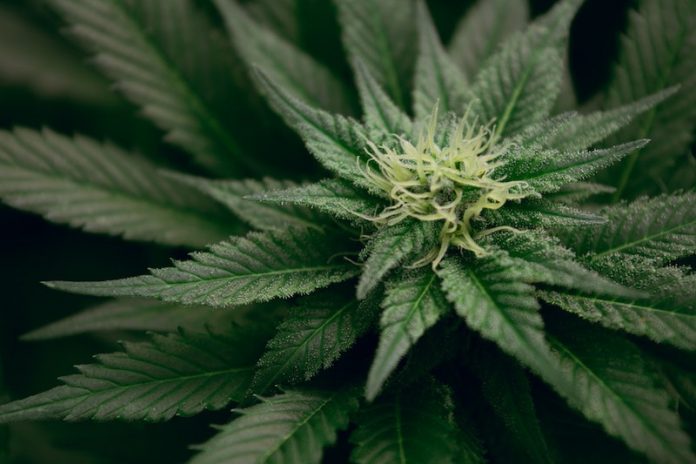
In a new study, researchers found that access to legal cannabis stores is linked to a reduction in opioid-related deaths in the United States, particularly those linked to synthetic opioids such as fentanyl.
The research was conducted by a team at the University of California, Davis.
Opioids are ‘morphine-type’ drugs that relieve short-term (acute) pain and pain at the end of life.
There is little evidence that they are helpful for long-term (chronic) pain, but they are often prescribed for this reason.
This has led to widespread misuse and a sharp rise in overdose deaths, particularly in the United States.
In 2018, there were more than 46,000 fentanyl-related deaths, representing over two-thirds of all US opioid-related deaths that year.
Previous studies have suggested that increased access to cannabis stores – legally authorized to sell medical and recreational cannabis – may help to reduce opioid-related deaths, but the evidence so far is mixed.
In the study, the team examined relationships between medical and recreational cannabis stores (referred to as dispensaries) and opioid-related deaths from 2014 to 2018.
Their findings are based on data for 812 counties within the 23 US states that allowed legal cannabis dispensaries to operate by the end of 2017.
The team found that counties with a higher number of active cannabis dispensaries were associated with reduced opioid-related death rates.
According to this estimate, an increase from one to two dispensaries in a county was linked to an estimated 17% reduction in all opioid-related death rates.
This association held for both medical and recreational dispensaries and appeared particularly strong for deaths linked to synthetic opioids other than methadone, with an estimated 21% reduction in mortality rates associated with an increase from one to two dispensaries.
An increase from two to three dispensaries was linked to a further 8.5% reduction in all opioid-related death rates.
This study is the first to examine the association between active cannabis dispensary operations and opioid-related death rates at the more fine-grained county level.
The researchers stress that while cannabis is generally thought to be less addictive than opioids, it still carries potential harms and public safety risks should not be ignored.
One author of the study is Greta Hsu.
The study is published in The BMJ.
Copyright © 2021 Knowridge Science Report. All rights reserved.



